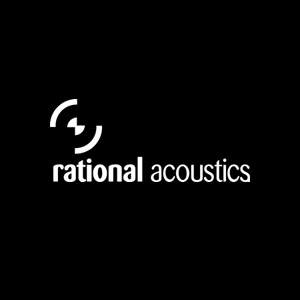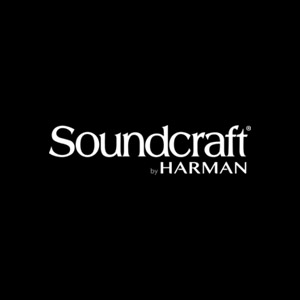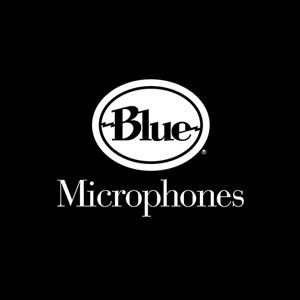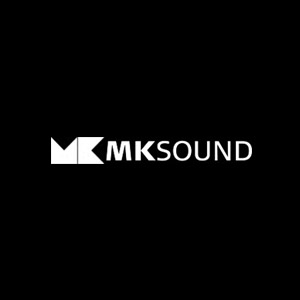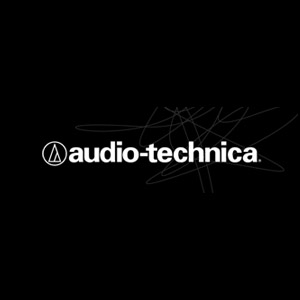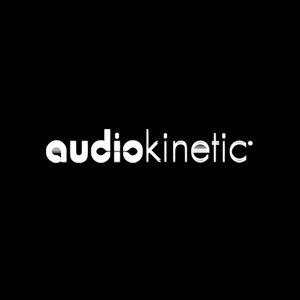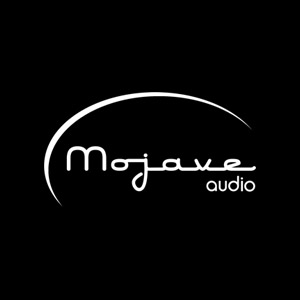What Should I Go to School for?
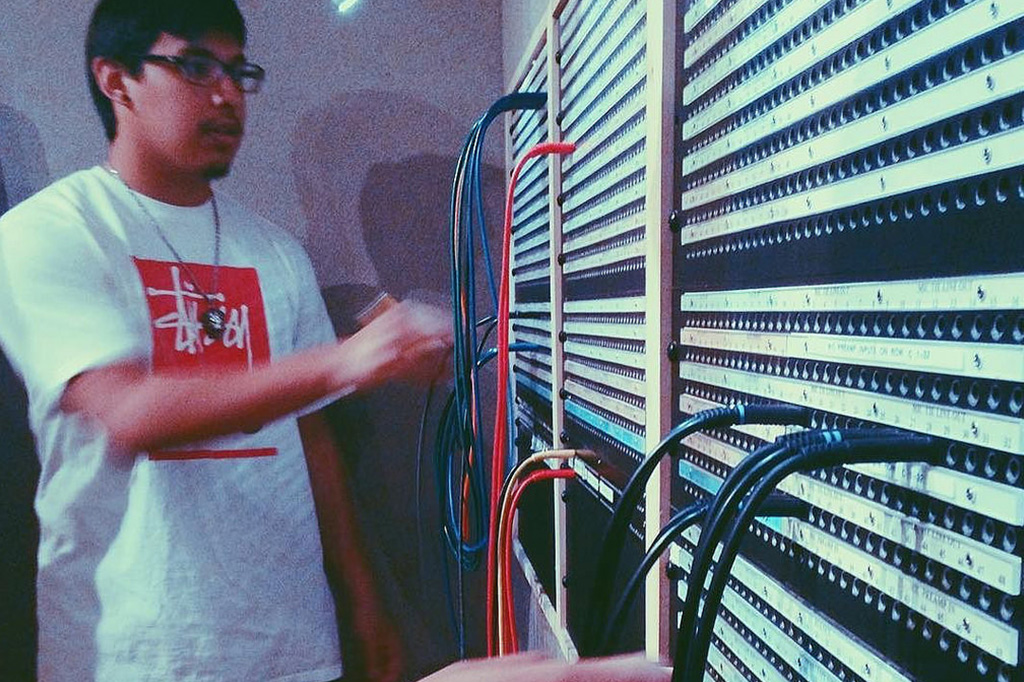
Sound surrounds you when you go to a concert, hear a broadcast, watch a movie or TV, listen to music or play a video game. You can find sound and music in airports, shopping malls, offices, elevators, churches, sports events and automobiles. In almost every aspect of your everyday life, sound is around you! All of it has one thing in common: someone has to make it happen. After you receive a high school diploma, our trade school, The Conservatory of Recording Arts and Sciences (CRAS), can teach you how to record, mix and produce the sounds that everyone loves to hear.
Understanding the Benefits of Studying Audio Engineering
Knowledge of audio engineering puts you in the center of activity in a field that is a creative art, as well as a craft. Audio engineering schools teach you how to manipulate recorded or amplified sound without changing its quality, unless it’s purposeful. To preserve the sound of instruments, you must learn to use tools that represent the sound accurately. The process involves the use of professional audio engineering skills and equipment, such as: Signal Flow, Microphone choices and positioning, Equalization, Compression, Limiting, Noise Gating, Reverb, Delay, Chorus, Automation, etc.
Each of these components will either allow you to capture, and preserve, the original integrity of the source sound, or allow you to artistically alter the sound’s signature. It takes an immense knowledge base, and experience, to know which tools to use, and, more importantly, when to apply them.
Music production schools teach you how to create the effects that make your listening experiences enjoyable.
Learning the Techniques of Music Production
Music production schools can teach you the skills that qualify you to work in the music industry. As an Audio Engineer, you get to work in recording studios along with studio musicians, performers, arrangers and composers. Working in an environment that welcomes artists requires training that explains how to let your creative abilities blend with the talents of other professionals. However, the recording studio is not the only place where this kind of skill is used. The same concepts in Record Production are use in Post Houses (sound for film), Broadcast facilities, Live Sound Reinforcement, Publishing Houses, and the list goes on and on. Wouldn’t it be great to have the knowledge that will allow you to work in EVERY facet of the audio industry?!
Getting the Benefits of a Career in Creative Trades
With a skill in producing music or audio engineering, you have access to a promising career with great opportunities in film, broadcasting, advertising and video production. Audio engineering schools teach you the skills that give you the freedom to travel and to qualify for work wherever you go. Artists and musicians may prefer to work at any hour of the day, providing a flexible schedule that provides time for other activities.
As you wonder what to do after high school, you may want to consider learning a trade that gives you options that college cannot offer. You get satisfaction from doing work that provides immediate results without sitting behind a desk. Learning a skilled trade takes less time than going to college, and it channels your creative abilities to satisfy demand. Using your hands, and specialized tools, to operate sound mixing boards requires talents, and intellect, that blend with the music and entertainment industry.
Contact our admissions team to get more help on deciding what you should go to our audio engineering school for and to learn more about our program.


